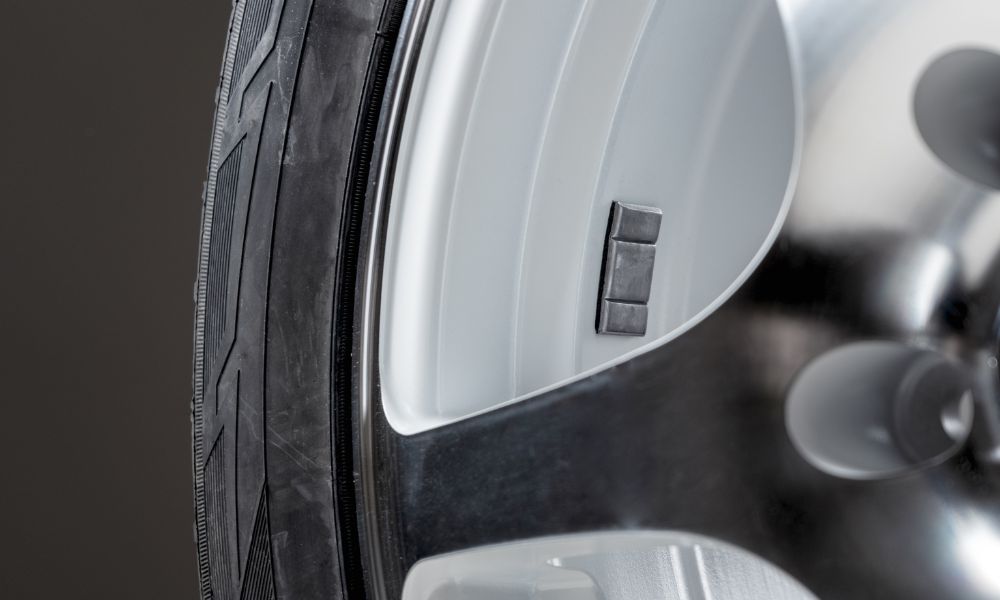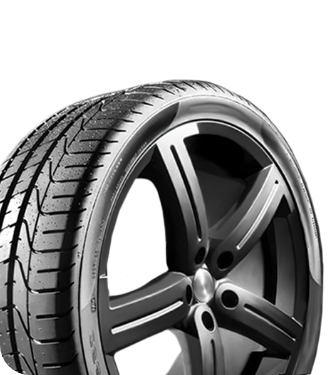

What Are Wheel Weights and Why Are They Important?
Tires |Nestled in the wheels of every vehicle lies an unassuming hero: wheel weights. Despite their modest appearance, wheel weights ensure a smooth, safe, and comfortable ride. Keep reading to learn what wheel weights are and why they’re important for your vehicle.
Defining Wheel Weights and Their Role
Wheel weights are precise, hardened mass counterbalances attached to the wheel of a vehicle. These weights, made from materials such as steel or lead, serve one critical purpose: offset the tire and wheel assembly imbalances.
Whether it’s minor irregularities in tire construction or heavy spots from valve stems, the wheel weights are soldiers on the front lines, combating centrifugal force to create a stable rotation. Without this balance, your vehicle would be subject to a disturbing vibration that compromises comfort, poses a threat to safety, and dramatically shortens the lifespan of various vehicle components.
The Different Types of Wheel Weights
Two main materials dominate the wheel weight world: steel and lead. Steel weights, commonly coated with zinc for corrosion resistance, are often used for vehicles with alloy wheels.
Lead weights, known for their ability to be easily manipulated for precise balancing, are the traditional choice for steel wheels.
More modern options, such as composite and zinc weights, are also in the mix, offering alternatives for lighter, nontoxic options.
Why Wheel Weights and Wheel Balance Are Important
Now you know what wheel weights are, but why are they important? You may not notice a slight imbalance at first, but as you clock miles, the whispers of unbalanced discomfort become audible. A wheel out of balance can lead to uneven tire wear, compromised traction, and even premature replacement of suspension and steering components.
Skimping on balancing wheels can translate into louder road noise, an annoying vibration in the steering wheel or seat, and a general uneasiness while speeding up, slowing down, or cruising at highway speeds.
How Wheel Weights Influence Fuel Economy
In an era where many drivers fixate on sustainability, even the humble wheel weight comes into the conversation. When wheels are correctly balanced, they reduce the rolling resistance of tires, which, in turn, can improve fuel efficiency. For those commuters looking to squeeze out every extra mile, the seemingly small act of proper wheel balancing can yield substantial savings over time.
Ensuring Your Weights Are Well-Adjusted
Once you’ve had your wheels professionally balanced, the work doesn’t end there. Regular inspections and adjustments are critical to your vehicle’s maintenance routine.
Road conditions, tire wear, and the accumulation of debris can all reintroduce imbalances. A proactive maintenance schedule can help you avoid any potential issues and keep your drives as smooth as possible.
Keep Your Wheels and Tires in Top Shape at RNR Tire Express
If your car needs its wheels balanced, RNR Tire Express is here to help! Our tire and wheel experts can help you find tires in Lubbock and ensure they’re well-maintained with our many services, including wheel balancing. Schedule an appointment at one of our tire and wheel service centers and get your wheels balanced today.





